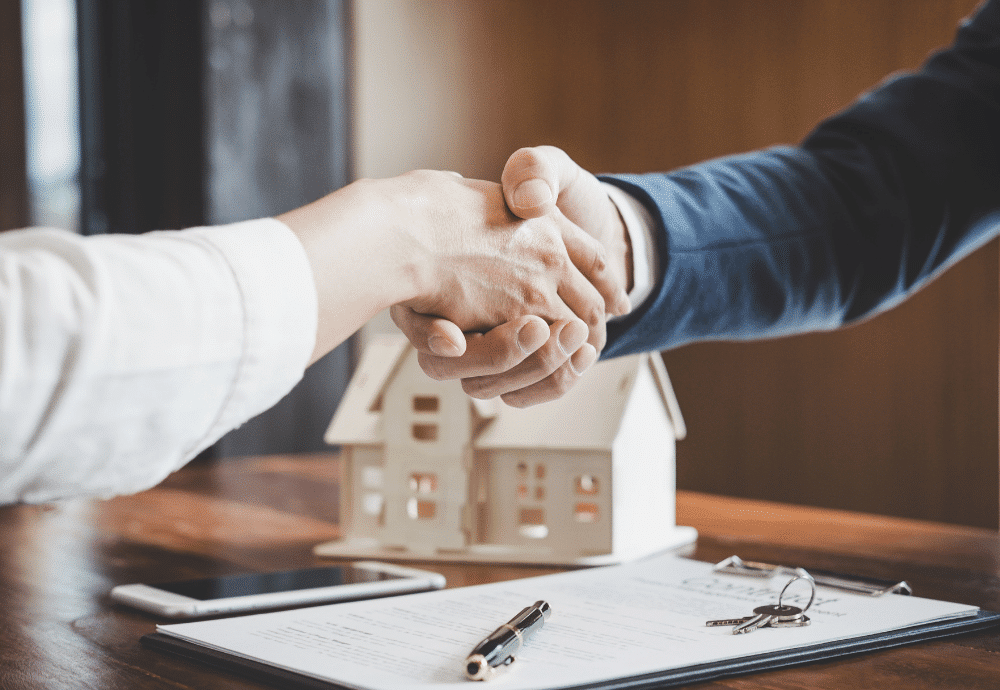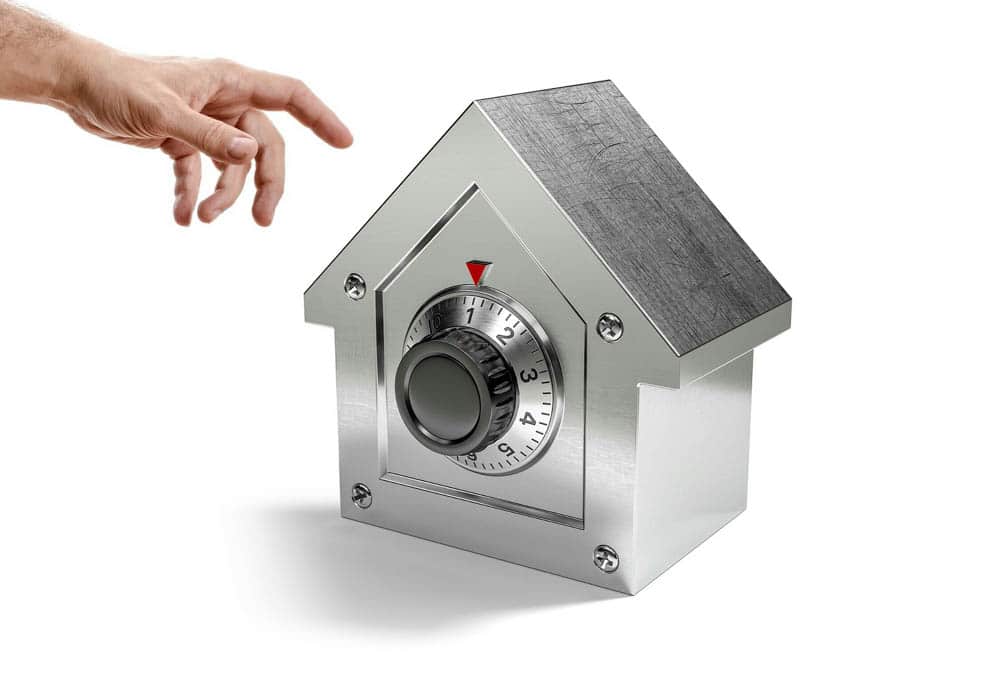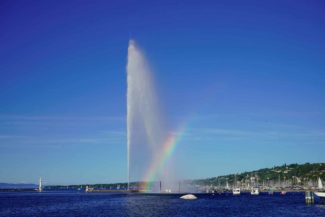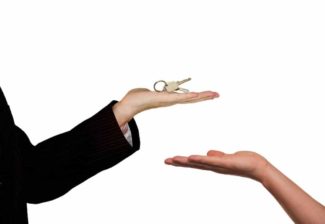

Acquisition of property in Switzerland by foreigners
Instructions for use
Are you interested in buying a single-family home (chalet, apartment, villa) or a commercial property in Switzerland? Switzerland’s mountain resorts and cities offer a wide range of real estate properties, among which you are likely to find something suitable. But how do you go about it if you are a foreign national? What are the specific conditions of the Swiss system? By following these tips, the acquisition of your property will be hassle-free.
Acquiring a second and main home: good to know
As a foreigner, you have the opportunity to buy a second home in Switzerland. Beautiful properties are being put on the market, both in the lowlands and in the Swiss Alps. However, since January 2016, the federal law on second homes (LRS) limits the construction of second homes and imposes a communal quota system of up to 20%. You will therefore need to check that the property in question is located in a so-called tourist zone. Furthermore, as the acquisition of property by foreigners not resident in Switzerland is governed by federal legislation (LFAIE), you will need to request authorisation to acquire your second home. The Comptoir Immobilier teams will be able to guide you through these various procedures.

Before you make a purchase, be aware of the following:
- Your second home will have to be for private use only. Rental is allowed periodically and for a maximum of six months per year.
- Only one holiday property can be acquired per family.
- The living area must not exceed 200 m2 (250 m2 in some cases)
- The land area of a cottage or house shall not exceed 1000 m2 (1500 m2 in some cases)
- You are not allowed to resell your property for five years, except in cases of force majeure (illness, death)
If it is a primary residence, the purchase of a property will be finalized after the issuance of a residence permit (usually a type B permit). The condition: you will have to live and be domiciled in this accommodation. If you wish to build, the work must start within one year after the purchase of the land. For foreign nationals, owning property in Switzerland does not, however, entitle you to a residence permit.
Millionaires’ Tax Package
Note that Swiss cantons can grant residence permits to non-European foreigners, if they find the tax revenue attractive. Geneva and Vaud require CHF 312’522.- and CHF 415’000.- in minimum tax liability, respectively. To be entitled to this privilege, beneficiaries must live in Switzerland for at least six months a year. In addition, they must not engage in any gainful employment. However, thanks to the B permit obtained, they can move freely within the Schengen area. Since 2008, 653 foreigners have been granted this type of permit, the majority of whom are Russians. These requests are on the rise since the health crisis and the confinement. The ultra-rich are looking for security and quality health infrastructure in our country.
Financing and fees when making an acquisition
In general, Swiss banks grant mortgages equivalent to up to 80% of the value of the property, determined according to their own estimate. In the case of prestigious properties and second homes, mortgage financing is normally granted at a maximum of 60%. This means that to buy your second home, you will need to have equity of up to 35% to 40% of the sale price, compared to 20% for a primary residence. Opening a bank account in Switzerland is easy; it requires the following documents: passport, tax declaration, salary certificate, debt certificate. Note that the procedure for acquiring, owning and selling real estate, as well as its taxation, is mainly governed by cantonal and communal laws.

Investment properties
Commercial investment properties are also available to foreigners. They can be used for business or rented out. There are no restrictions on the location and number of properties acquired; no residence permit or purchase authorization is required. The purchaser can buy in his own name or through a Swiss or foreign legal structure. However, before taking out a bank loan or investing in the project, the basic precaution is to establish a simplified forecast of the expected rental income, in order to ensure a rapid return on investment. To do this, it is necessary to take into account the real estate tax system and to avoid vacancy of the premises. The forecast should also focus on future maintenance costs, for an upgrade to energy standards for example.
Usual acquisition steps
The notary will request the following documents in order to formalise the transaction: authorisation to purchase a second home issued by the canton; residence permit if it is a main residence; confirmation of financing of the purchase by a Swiss bank; passport of the future owner; authorisation for the notary to deduct from the purchase price the fees and taxes associated with the transaction.
On receipt of the usual documents and payment of the reservation deposit (15% to 20% of the purchase price), the notary will file an application for a purchase authorization for foreigners. It will then take between two and six months to obtain the said authorization, as these times may vary significantly depending on the canton.





